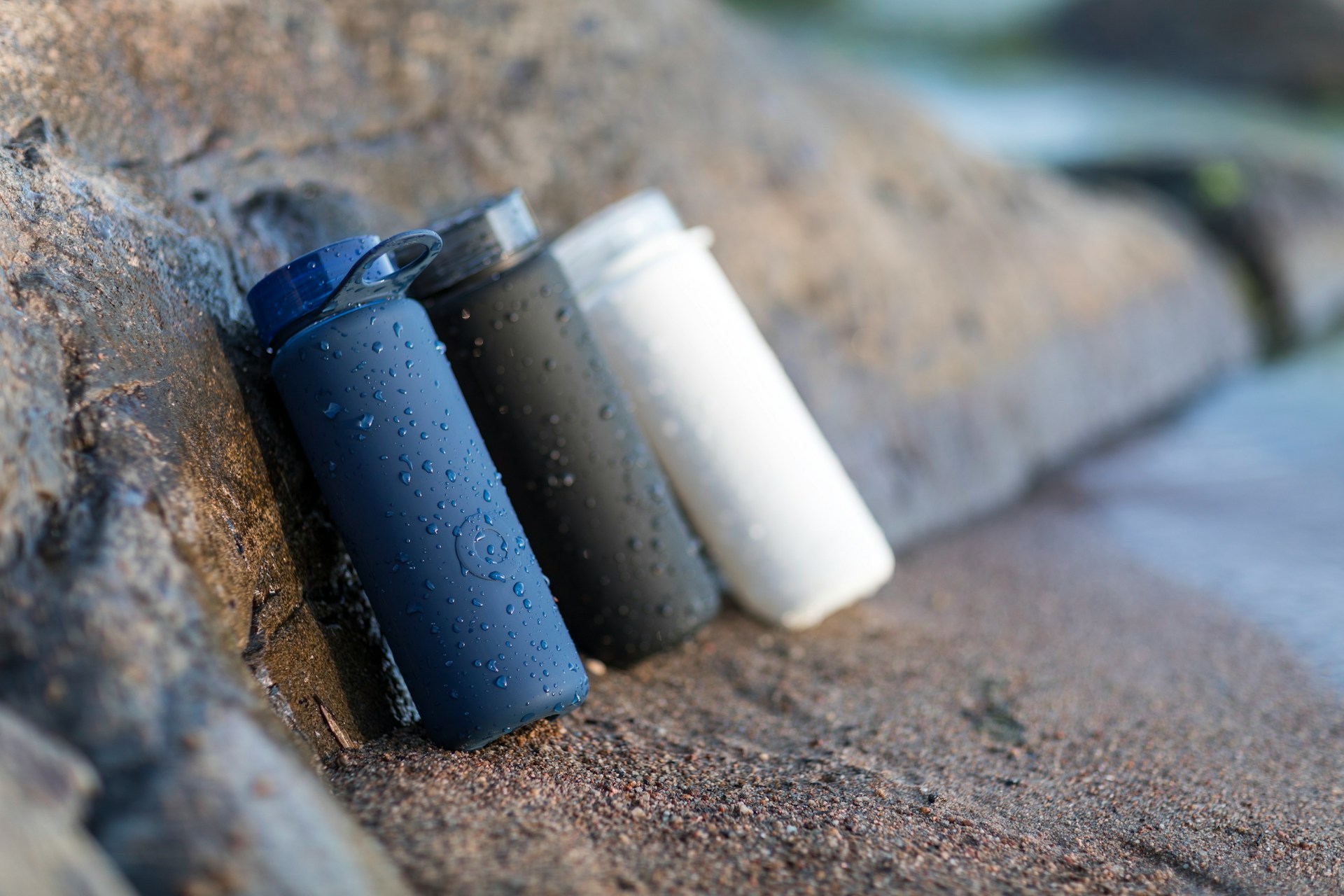We all know drinking water is essential. But hydration isn’t just about how much water you drink—it’s also about what else your body needs to absorb and use that water effectively.
Your hydration status depends on a balance of fluids and electrolytes. It’s also affected by your diet, activity level, environment, and even stress. If you’re only focusing on plain water, you might still feel thirsty, sluggish, or off balance.
Let’s look at what truly keeps you hydrated and how to support your body with more than just another glass of water.
Why Electrolytes Matter
Electrolytes are minerals like sodium, potassium, magnesium, and calcium that help regulate fluid balance in your body. They allow your muscles to contract, your nerves to fire, and your cells to absorb nutrients. Without enough electrolytes, drinking more water can actually make things worse by diluting the ones you already have.
If you’re sweating heavily, exercising intensely, or spending time in hot weather, your body loses not just water but also electrolytes. That’s why you may feel lightheaded or crampy even if you’re drinking enough water.
You don’t need fancy powders to replenish them. A pinch of sea salt, a piece of fruit, or a handful of nuts can help restore balance. Foods like bananas, avocados, leafy greens, and yogurt are naturally rich in electrolytes.
Herbal Teas
Caffeine-free teas like peppermint, chamomile, rooibos, or hibiscus are hydrating and often rich in antioxidants. They can be warming in the winter or served cold in the summer for a refreshing option with benefits.
Fruit and Vegetables
Many fruits and vegetables are packed with water, electrolytes, and fiber. Cucumbers, watermelon, oranges, celery, strawberries, and lettuce can all boost your hydration while providing vitamins and minerals your body needs.
Coconut Water
This natural beverage contains potassium and small amounts of other electrolytes. It’s a good option for mild dehydration but isn’t a replacement for plain water unless you’ve been sweating heavily or need a boost.
Soups and Broths
Warm broths hydrate while also giving you sodium and minerals. They’re especially helpful during illness or recovery, when your body needs both fluids and comfort.
Chia Water
When chia seeds soak in water, they form a gel-like texture. This slows digestion and helps the body absorb fluids more gradually, which can enhance hydration over time.
When Water Isn’t Enough
If you’re constantly drinking water but still feel thirsty, you might be low in sodium or other electrolytes. Signs of poor hydration can also include fatigue, dizziness, brain fog, dry skin, or headaches.
You don’t need to overcomplicate it. Just be mindful of your body’s needs. Water is a great foundation, but real hydration comes from balance. That means paying attention to what you eat, how much you sweat, and how your body feels.
Tips for Smarter Hydration
- Start your morning with a glass of water before coffee
- Add a splash of citrus or a pinch of salt for flavor and minerals
- Eat more hydrating foods, especially during the warmer months
- Sip consistently throughout the day instead of chugging all at once
- If you exercise, add electrolytes through whole foods or low-sugar drinks
Hydration is about more than hitting a water goal. It’s about how well your body absorbs and uses fluids—and how you support that process with minerals, real food, and smart habits.
Water is essential, but it’s not the whole story. When you broaden your view of hydration, you give your body what it really needs to feel steady, focused, and energized all day long.

